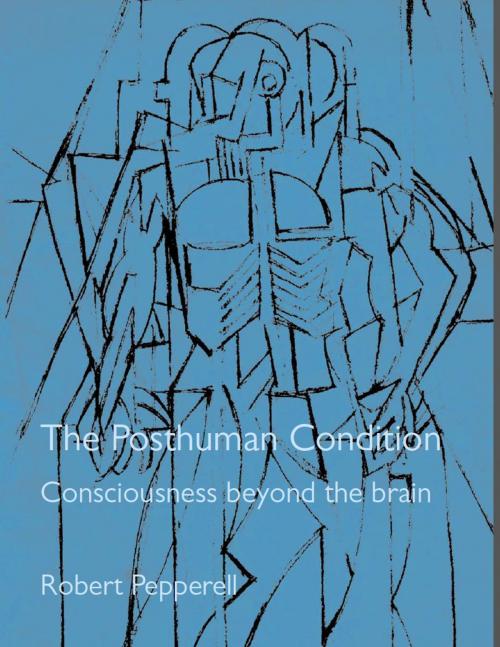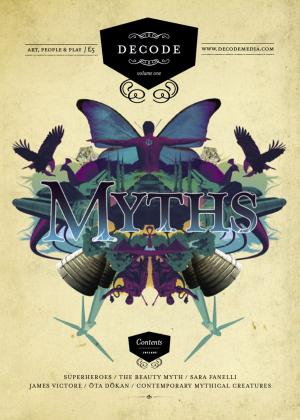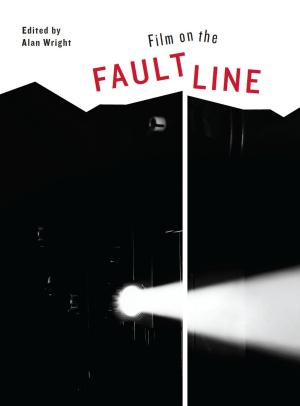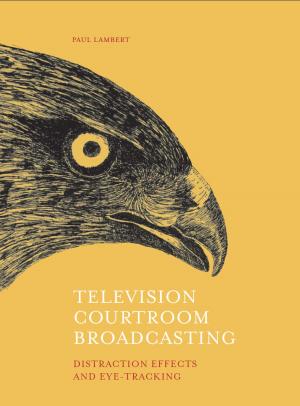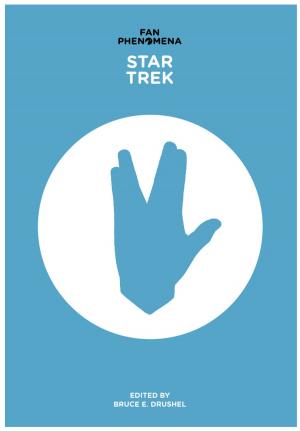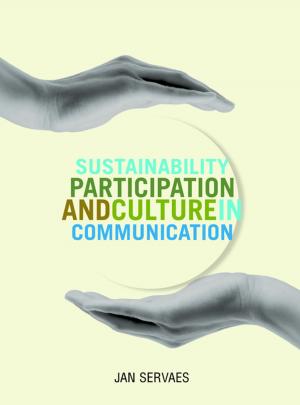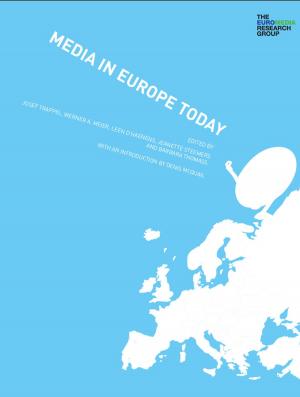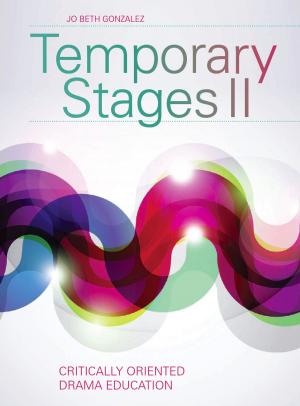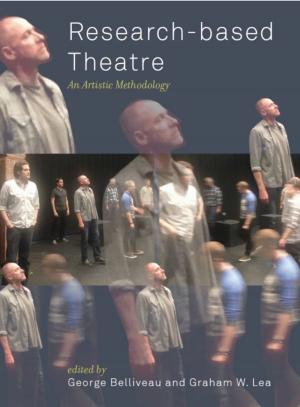The Posthuman Condition
Consciousness Beyond The Brain
Nonfiction, Computers, Advanced Computing, Virtual Reality, Science & Nature, Technology, Social & Cultural Studies, Social Science| Author: | Robert Pepperell | ISBN: | 9781841508832 |
| Publisher: | Intellect Books Ltd | Publication: | December 1, 1995 |
| Imprint: | Intellect | Language: | English |
| Author: | Robert Pepperell |
| ISBN: | 9781841508832 |
| Publisher: | Intellect Books Ltd |
| Publication: | December 1, 1995 |
| Imprint: | Intellect |
| Language: | English |
Synthetic creativity, organic computers, genetic modification, intelligent machines &endash; such ideas are deeply challenging to many of our traditional assumptions about human uniqueness and superiority. But, ironically, it is our very capacity for technological invention that has secured us so dominant a position in the world which may lead ultimately to (as some have put it) 'The End of Man'. If we are really capable of creating entities that exceed our own skills and intellect then the consequences for humanity are almost inconceivable. Nevertheless, we must now face up to the possibility that attributes like intelligence and consciousness may be synthesised in non-human entities &endash; perhaps within our lifetime. Would such entities have human-like emotions; would they have a sense of their own being? The Posthuman Condition argues that such questions are difficult to tackle given the concepts of human existence that we have inherited from humanism, many of which can no longer be sustained. New theories about nature and the operation of the universe arising from sophisticated computer modelling are starting to demonstrate the profound interconnections between all things in reality where previously we had seen only separations. This has implications for traditional views of the human condition, consciousness, the way we look at art, and for some of the oldest problems in philosophy.
Synthetic creativity, organic computers, genetic modification, intelligent machines &endash; such ideas are deeply challenging to many of our traditional assumptions about human uniqueness and superiority. But, ironically, it is our very capacity for technological invention that has secured us so dominant a position in the world which may lead ultimately to (as some have put it) 'The End of Man'. If we are really capable of creating entities that exceed our own skills and intellect then the consequences for humanity are almost inconceivable. Nevertheless, we must now face up to the possibility that attributes like intelligence and consciousness may be synthesised in non-human entities &endash; perhaps within our lifetime. Would such entities have human-like emotions; would they have a sense of their own being? The Posthuman Condition argues that such questions are difficult to tackle given the concepts of human existence that we have inherited from humanism, many of which can no longer be sustained. New theories about nature and the operation of the universe arising from sophisticated computer modelling are starting to demonstrate the profound interconnections between all things in reality where previously we had seen only separations. This has implications for traditional views of the human condition, consciousness, the way we look at art, and for some of the oldest problems in philosophy.
